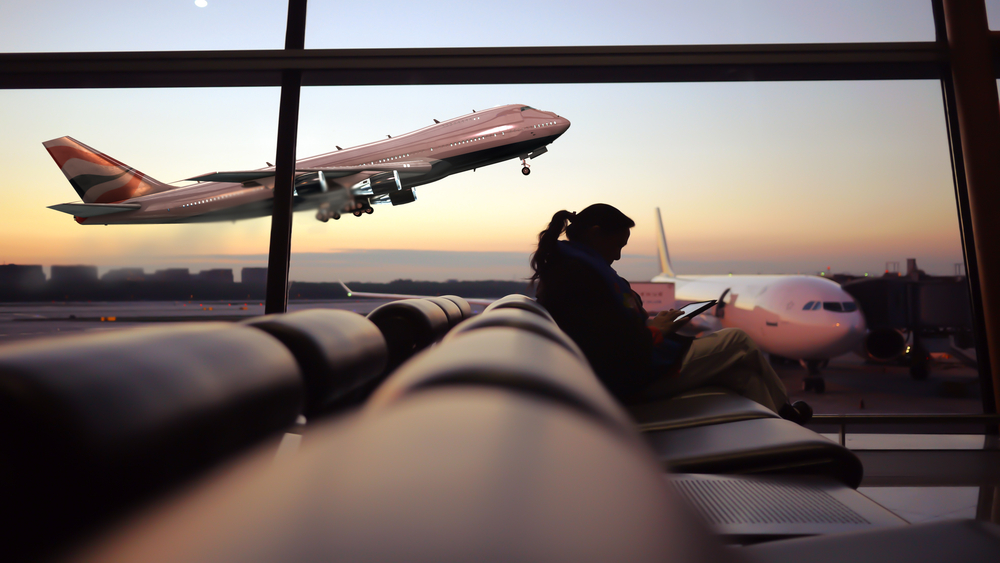Vaccinated travellers won’t be allowed to fly due to blood-clot
Contributors are not employed, compensated or governed by TDM, opinions and statements are from the contributor directly

Last week rumours that vaccinated people will be barred from flying because of blood-clot fears were circulating on social media. These rumours have been debunked by CoronaCheck, an RMIT ABC Fact Check, dedicated to fighting the misinformation infodemic surrounding the coronavirus outbreak.
Are airlines banning vaccinated travellers?
The short answer is NO. Qantas CEO Alan Joyce previously raised hackles with his suggestions that proof of vaccination against COVID-19 could become a requirement for international travel. But new claims spreading online suggest it may be those who are vaccinated who will be barred from flying.
Because the injection creates clots and bleeding and that is life-threatening — when it happens at several thousand meters altitude. So the airlines do not want to risk being sued and have deaths on board.
A social media post claims “I heard from someone who has contacts inside the [unnamed] airline and they are now discussing that the injected should not be allowed to fly,” one Facebook post reads.
My own opinion is “ this rumour has been put out by someone who does not want to be vaccinated and wants vaccinated people to experience the same distress of not being accepted on flights”.
Both Qantas and Virgin Australia confirmed to Fact Check that no such bans were being considered.
A spokeswoman for Qantas said the airline had “never said anything about not allowing vaccinated travellers onboard” and pointed Fact Check to a November 2020 media release outlining the airline’s vaccination policy.
A spokesman for Virgin Australia told Fact Check that the airline would “continue to consider relevant government and health advice around vaccination”, making “any decisions in line with passenger and crew health and safety”.
Therefore, any social media posts about vaccinated passengers not being allowed to fly are false.
Meanwhile, Allen Cheng, director of the Infection Prevention and Healthcare Epidemiology unit at Alfred Health in Melbourne, told Fact Check that banning those people vaccinated against COVID-19 because of clotting risks “wouldn’t make much sense”.
According to Professor Cheng, there are two types of clotting syndromes — “common” clots such as deep vein thrombosis and thrombosis with thrombocytopenia syndrome (TTS).
Common clots, he explained, are associated with long periods of not moving, such as post-surgery hospitalisation and prolonged air travel.
TTS, on the other hand, is much less common and associated with specific medications, including the AstraZeneca vaccine. According to the Australian Technical Advisory Group on Immunisation, TTS may occur four to 20 days after vaccination.
“TTS is generally severe, tends to involve different locations in the body and occurs in the absence of recent air travel,” Professor Cheng said.
“So, AstraZeneca vaccination isn’t thought to be a risk for common clots.”
In conclusion, considering the above mentioned scientific evidence, airlines would never put out such restriction as considering all of the above, it would be ‘commercial suicide’. If they will no carry vaccinated people, they would have to carry unvaccinated people which cause a much greater risk of getting infected with Covid putting themselves at great risk.


